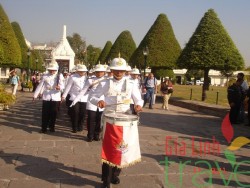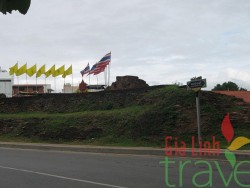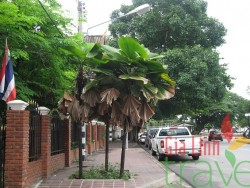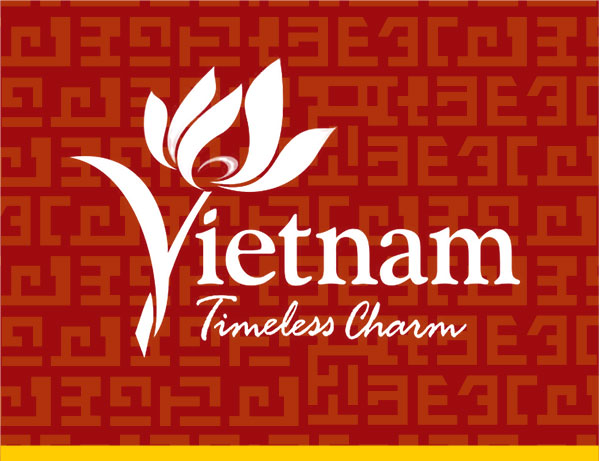Thailand
Thailand Government
Thailand Thailand Thailand is the only country in Southeast Asia that has never been colonized. Its government structure has undergone gradual and practical evolution in response to the changing environment. Since 1932, Thailand has been a constitutional monarchy, with a king as head of state and a parliamentarian form of government. The bicameral parliament is composed of 500 representatives and 200 senators. The Prime Minister is selected from the members of the House of Representatives. Furthermore, Thailand is divided into 76 provinces, each administered by appointed governors. Appointed governors administer 75 of Thailand’s 76 provinces. Bangkok, the 76th province, is administered by an elected governor. Prior to 1932, Thailand’s political history can be summarized into three chronological kingdoms: Sukhothai, Ayutthaya, and Rattanakosin. The Kingdom of Sukhothai (1257-1378) adopted the paternalistic system of government, where the King had absolute power and reigned over his subjects, paying close attention to their well-being. The succeeding Ayutthaya Kingdom during the 1300-1700’s inherited extensive Khmer traditions and customs, including a system of government based on the concept of divine rights. The Ayutthaya period also brought a strong centralized government characterized by a clear division between civil and military administration. The final Rattanakosin Kingdom was established in 1767 with Bangkok as the capital. The Rattanakosin Kingdom adopted the Ayutthaya system of governance. Three centuries later, King Rama V, who reigned in the late 19th century during the threat of colonialism in Southeast Asia, reorganized the central, regional and local administrations. This restructuring formed the basis of Thailand’s present governing system. There are three key components of the Thai governmental structure. The first and foremost is that His Majesty the King is the head of the armed forces and upholder of Buddhism and all other religions. The constitution provides that His Majesty the King is a sacred and inviolable person. His sovereign power emanates from the people. Furthermore, His Majesty the King exercises his legislative power through the parliament, executive power through the cabinet headed by a prime minister, and judicial power through the country. The monarch is empowered with the right to be consulted, the right to encourage, and the right to admonish warnings whenever the government fails to administer state affairs for the good of the people. The second component relates to the legislative branch. The first constitution was a cautious document that created a bicameral National Assembly with two categories of members: the House of Representatives (the lower house) and the Senate (the upper house). Under the Constitution, the Prime Minister is the head of government and the chief executive. During the 57 years of His Majesty King Bhumibol Adulyadej’s reign, Thailand has enjoyed enviable economic growth. With a predominantly agrarian base and a sophisticated and a growing manufacturing sector, Thailand’s economy is well-diversified. Thailand possesses a developed tourism, agricultural, manufacturing, minerals, and telecommunications industry. It also embraces the latest technologies. In conclusion, the Kingdom of Thailand is a country blessed with political stability and economic prosperity. The Kingdom, a society that is also free, cohesive, and open, remains one of the most attractive places in the world to visit and conduct business.


